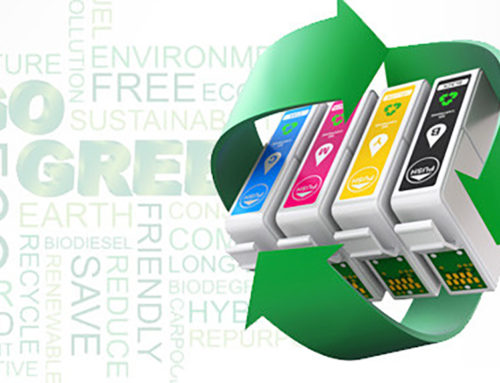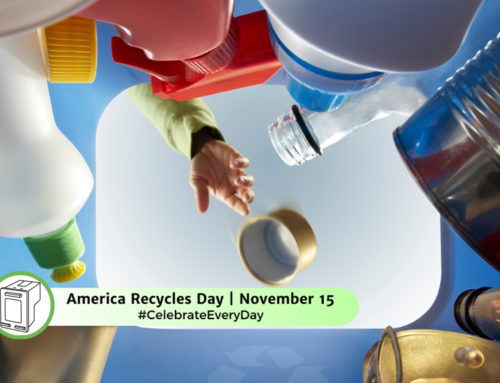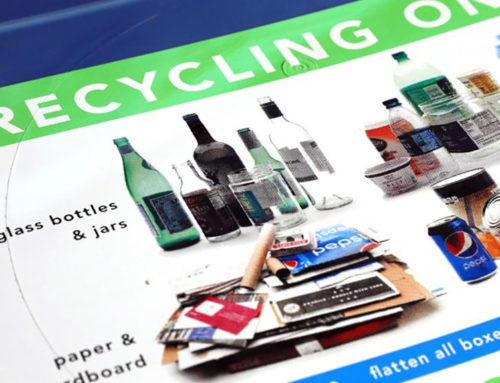Every year for Earth Day, people set aside time to clean their homes, recycling items like clothing, books, games, and electronics that have gone unused for the past year. It’s a commendable practice, but there’s something we engage in almost every day that can have an even greater impact on the environment: shopping.
Since 1970, Earth Day, celebrated every April 22nd, has marked the beginning of a global environmental movement. It’s a time for clean-up campaigns, tree-planting, and educational efforts to raise awareness about our planet’s ecological challenges. However, the choices we make every day have a lasting effect on the environment, and Earth Day serves as a reminder to consider this responsibility year-round.

Recycling is often associated with the end of a product’s lifecycle, but the decisions we make when purchasing products are equally crucial. Many of the items we buy come from manufacturers outside the United States, including clothing, TVs, electronics, and even ink cartridges. The standards and practices employed by these foreign manufacturers don’t always align with U.S. environmental goals. While these products may be easy to acquire and cost-effective, our purchases might unintentionally contribute to the very issues Earth Day aims to address.
Purchasing products made in countries like China has led to rapid economic growth but has also brought accelerated environmental challenges, including notorious air pollution. China consistently ranks among the world’s most polluted cities, primarily due to industrial manufacturing, transportation, and power generation. These are necessities for producing low-quality, non-recyclable products like clone ink cartridges.
Conversely, in the U.S., companies like Planet Green Recycle takes a sustainable approach to ink cartridge production. They remanufacture ink cartridges, avoiding the need to create new plastics or deplete natural resources for single-use items. This approach significantly reduces landfill waste, greenhouse gas emissions from international transport, and the depletion of valuable resources. Moreover, consumers can acquire remanufactured ink cartridges at highly reduced costs.
Unfortunately, generic aftermarket clone cartridges, often referred to as “compatibles,” are neither recyclable nor suitable for remanufacturing. As a result, they end up in landfills, contributing to the U.S.’s growing land pollution issue. These products, imported from overseas manufacturers, support an industry that exacerbates environmental problems in the U.S., from solid waste to soil and groundwater contamination.
Ink cartridges are just one example of the millions of products manufactured overseas. By making conscious choices in our purchases, recycling habits, and support for sustainable, U.S.-based manufacturers and remanufactures, we can take meaningful steps toward a more sustainable future beyond Earth Day.






